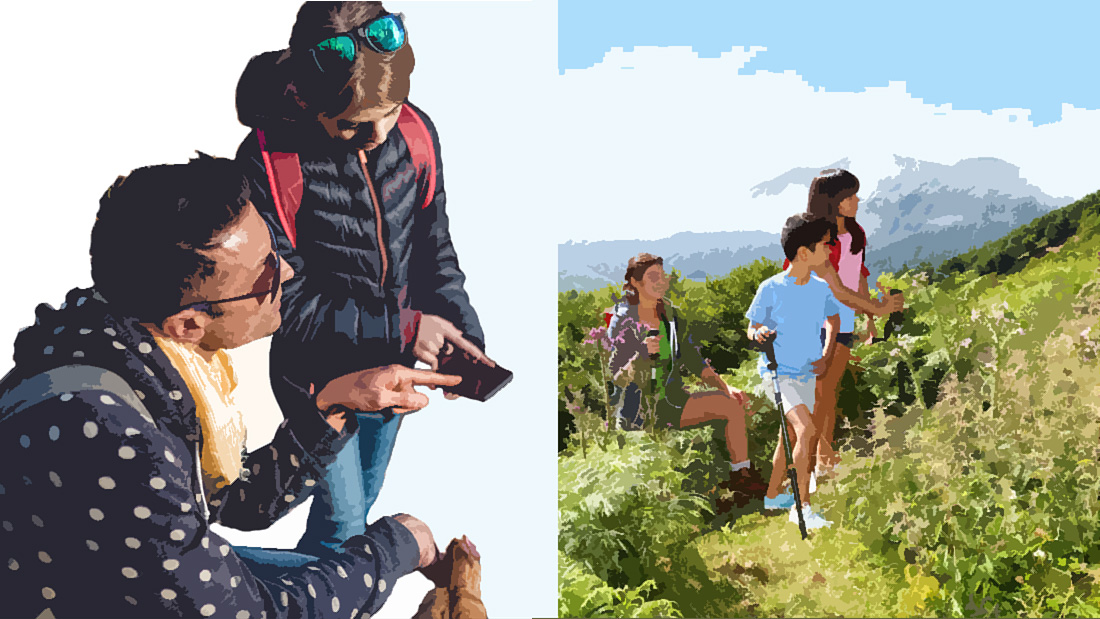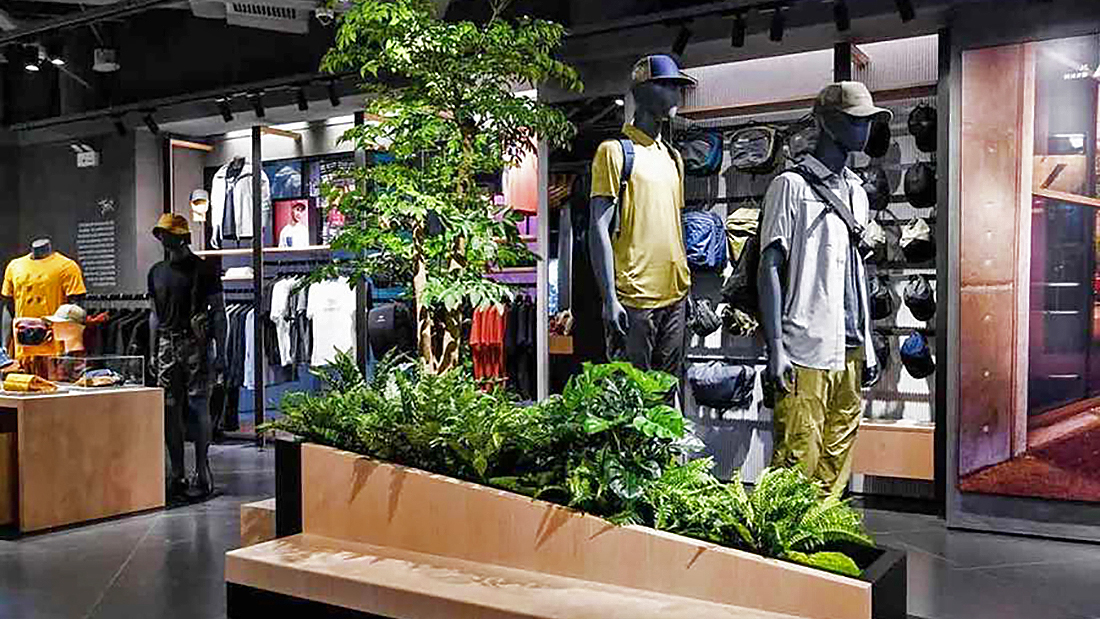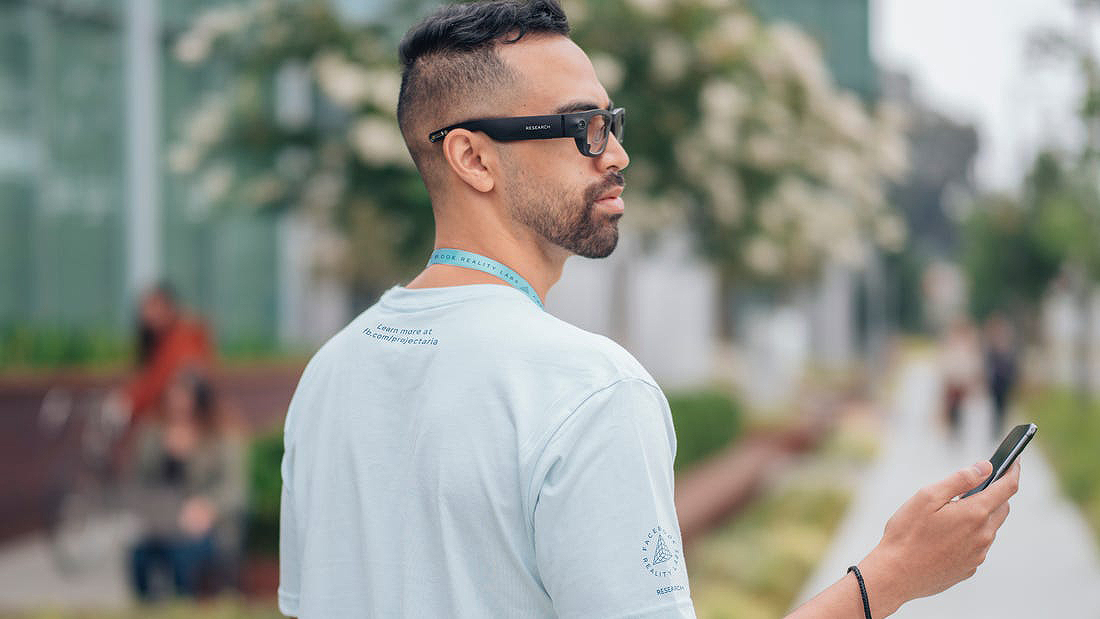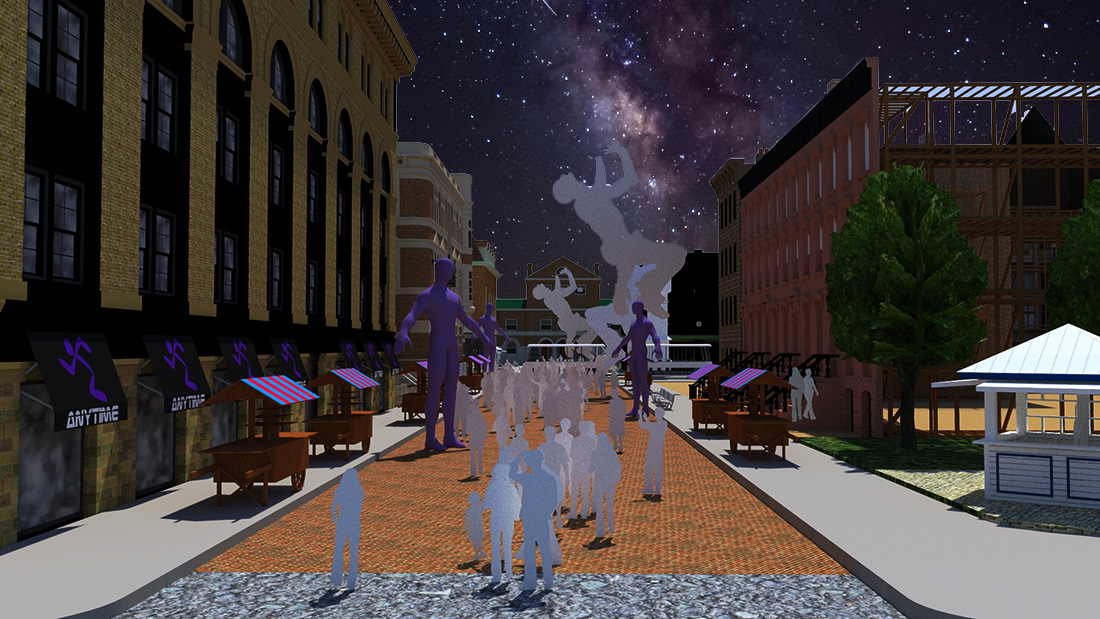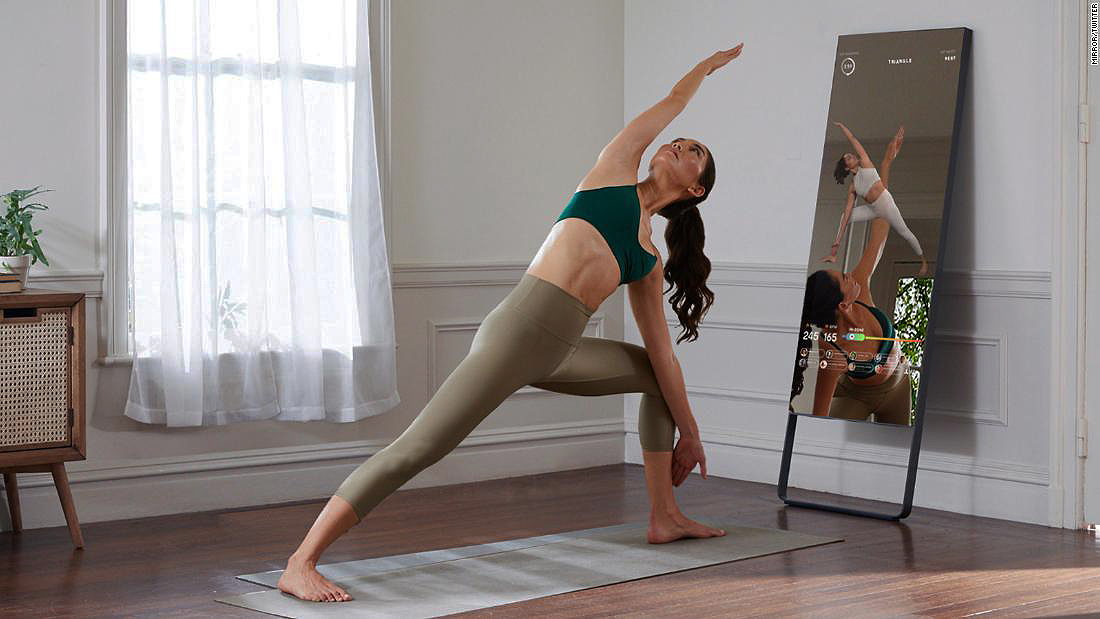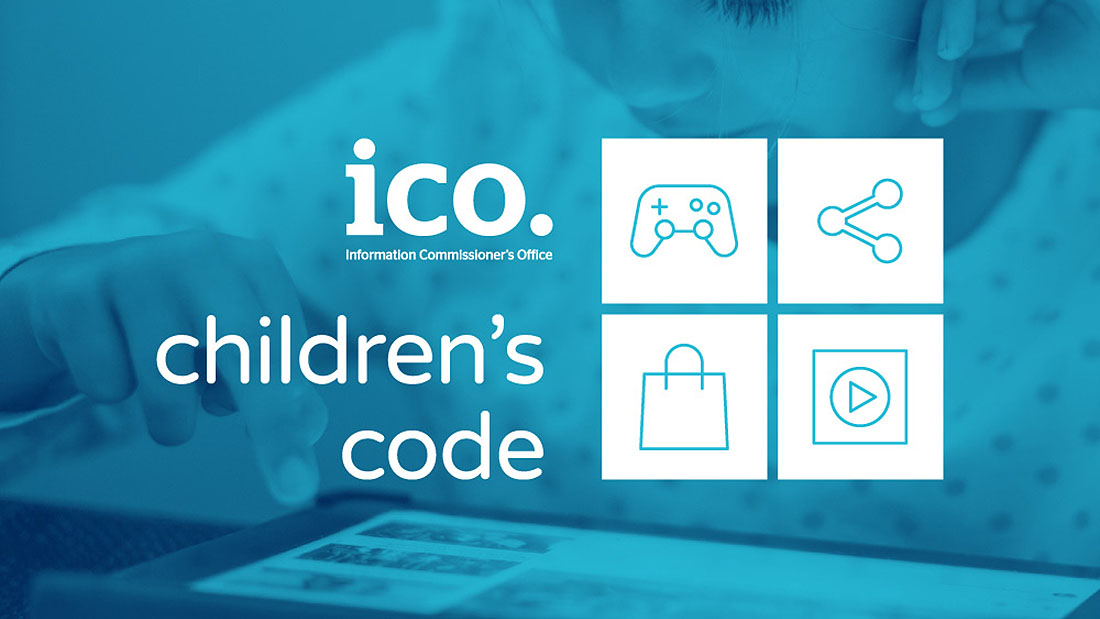REI’s New Product Impact Standards
REI’s new Product Impact Standards for 2021, now include diversity, equity, and inclusion requirements for companies wanting REI shelf space. The standards include the retailer’s core requirements as well as optional preferred attributes. REI is an American retail and outdoor recreation services corporation, organized as a consumers’ co-operative. The retailer sells sporting goods, camping gear, travel equipment, and clothing, as well as outdoor-oriented experiences, recreation activities, and courses.
Back in 2018, REI had originally devised its product standards to focus on ethical production practices and sustainability. As part of this update, REI has also added two new programs to its list of preferred attributes—a collection of voluntary business certifications that vendor brands are encouraged to pursue, such as for certifications for aspects of climate and environmental stewardship, chemicals management, and animal welfare.
REI’s product impact standards are part of the emerging interest among global investors to evaluate environmental, social and governance issues (so called ESG Investing) when investing and operating. REI’s dedication to sustainable and ethical production, diversity, equity, and inclusion are precisely what ESG Investing seeks to encourage.
According to an article by SNEWS, the outdoor recreation retailer consulted with brands of various sizes and product categories, as well as with more than a dozen DEI nonprofits, advocates, and ambassadors. The advice from such third-parties included feasibility considerations. SNEW is an outdoor industry publication of Pocket Outdoor Media Inc.
The full December 9, 2020 article by SNEWS is available at this link, along with with reference to the full document describing these REI standards: REI holds vendors accountable for climate and DEI practices with new product standards


